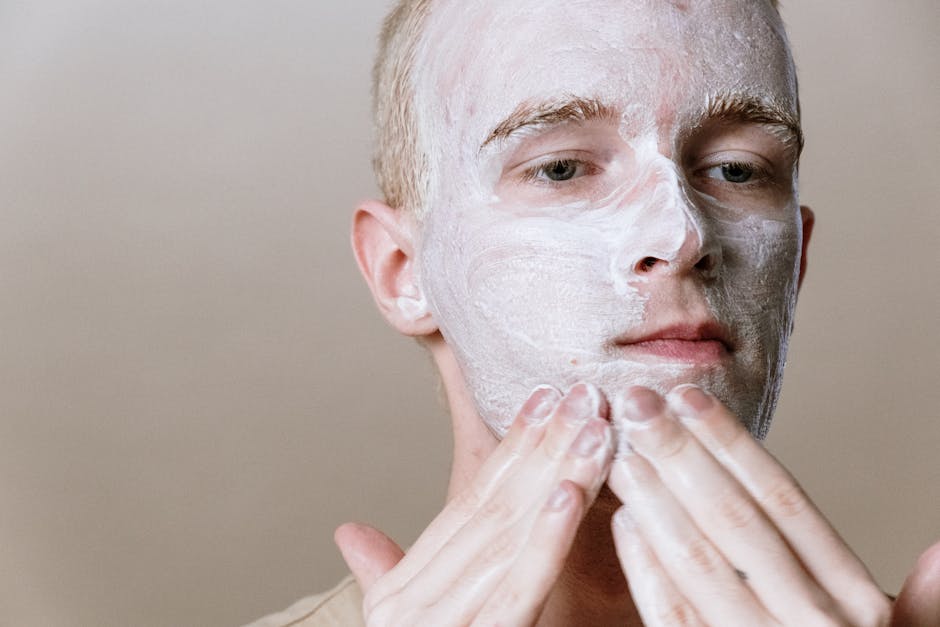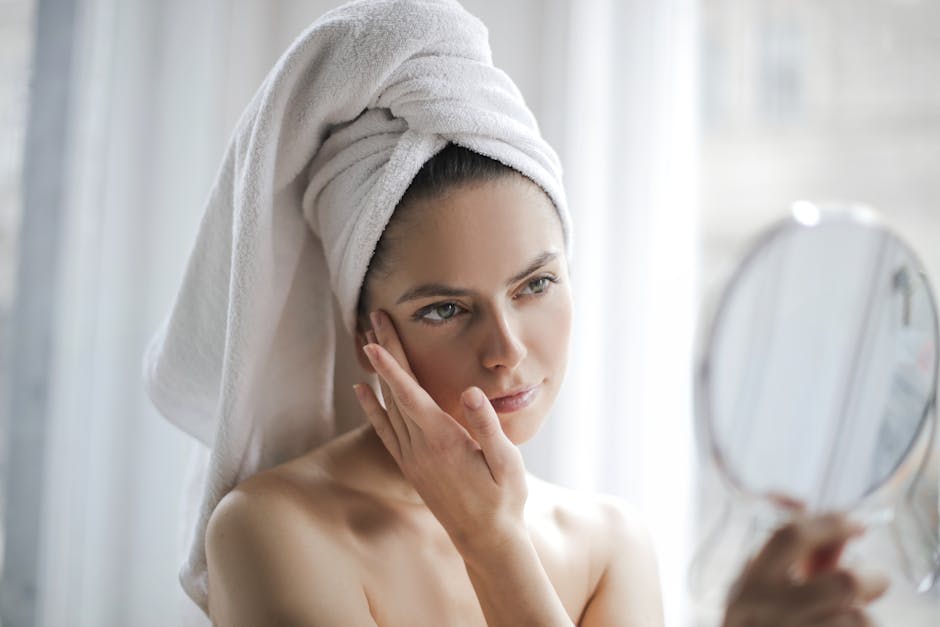The Pimple Police: Arresting Blemishes And Restoring Your Radiant Glow
Achieving clear, blemish-free skin is a quest that has occupied the minds of countless individuals. It's a pursuit that often involves an arsenal of skincare products, endless trips to dermatologists, and a healthy dose of self-doubt. But fear not, fellow skin warriors! For today, we embark on a journey to uncover the secrets of unlocking your skin's true potential and leaving acne in the dustbin of skincare history.
Let's start by acknowledging that acne is a common skin condition that affects people of all ages and skin types. It occurs when dead skin cells, oil, and bacteria clog the hair follicles on your skin, leading to the formation of pimples, blackheads, and whiteheads. While acne can be frustrating and embarrassing, it's important to remember that you're not alone and it's certainly not a sign of poor hygiene.
The first step towards clear skin is understanding your skin type. There are five main skin types: normal, oily, dry, combination, and sensitive. Knowing your skin type will help you choose the right skincare products tailored to your specific needs. For example, if you have oily skin, you'll want to use products that help control oil production, while if you have dry skin, you'll need products that provide hydration.
Next, it's time to overhaul your skincare routine. This means cleansing your face twice a day, using a gentle cleanser that won't irritate your skin. Avoid using harsh soaps or scrubs, as they can strip your skin of its natural oils and make acne worse. After cleansing, apply a moisturizer to help keep your skin hydrated and prevent dryness.
Exfoliation is another key step in the quest for blemish-free skin. Exfoliating removes dead skin cells and unclogs pores, which can help prevent breakouts. However, it's important to exfoliate gently and no more than once or twice a week, as over-exfoliating can damage your skin.
Diet can also play a role in acne. While there's no scientific evidence to suggest that any particular food causes acne, some people find that certain foods, such as dairy products or sugary snacks, can trigger breakouts. If you notice that your skin reacts negatively to certain foods, it's worth considering eliminating them from your diet for a while to see if it makes a difference.
Stress can also contribute to acne. When you're stressed, your body produces hormones that can increase oil production and trigger breakouts. Finding healthy ways to manage stress, such as exercise, meditation, or spending time in nature, can help reduce stress levels and improve your skin's health.
Finally, it's important to be patient and consistent with your skincare routine. It may take some time to see results, but if you stick with it, you'll eventually achieve your goal of clear, blemish-free skin. And remember, the journey is as important as the destination, so enjoy the process and don't be too hard on yourself along the way. Your skin will thank you for it!


